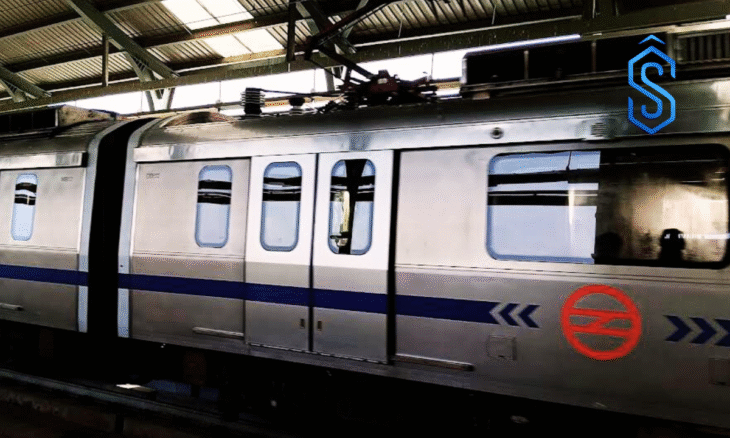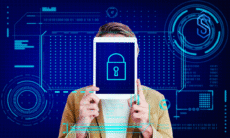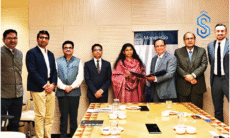New Delhi: Commuters in Delhi can now buy metro tickets on Uber app, thanks to a new integration with the Open Network for Digital Commerce (ONDC).
The move marks a key milestone in Uber’s journey toward seamless, multimodal travel experiences and deeper collaboration with India’s digital public infrastructure. Delhi Metro is the first city to go live, with three additional cities expected to roll out later in 2025.
This integration builds on a strategic Memorandum of Understanding (MoU) signed in 2024 during Uber CEO Dara Khosrowshahi’s India visit, underlining Uber’s commitment to leveraging digital platforms like ONDC for inclusive urban mobility.
Speaking about the launch, Praveen Neppalli Naga, Chief Technology Officer at Uber, said: “India has built world-class digital public infrastructure like ONDC, and we’re proud to integrate with it to bring metro ticketing to our users. This is an important step toward our goal of becoming a one-stop-shop for urban mobility. We’re just getting started.”
Vibhor Jain, Acting CEO & COO of ONDC, added: “Uber’s onboarding to the ONDC network is a major step in unlocking interoperable mobility services and streamlining logistics. With metro ticketing now live, this sets the stage for new innovations to serve commuters and businesses alike.”
Buy Metro Tickets on Uber App: Seamless Public Transit
Starting today, Uber users in Delhi can:
- Buy metro tickets on Uber app directly
- Access real-time public transit information
- Use QR-based digital tickets for metro entry
- Pay via UPI for a cashless and efficient experience
With the integration of Delhi Metro ticketing, Uber enhances its multimodal offerings that already include two-wheelers, autos, cabs, and buses. This evolution ensures that users can now plan, pay, and travel across multiple transit options—within a single app.
Uber’s Upcoming B2B Logistics on ONDC
Building on this momentum, Uber also announced plans to launch B2B logistics solutions via the ONDC platform. The service will enable businesses to request on-demand logistics from Uber’s delivery network—without maintaining their own fleet. This initiative is designed to:
- Support food delivery initially, with potential expansion into e-commerce, pharma, and grocery
- Provide incremental income opportunities for Uber’s 1.4 million+ driver-partner network
- Allow small and large businesses to scale efficiently using Uber’s logistics infrastructure
By integrating with ONDC, Uber will now be accessible to a broad ecosystem of sellers, enabling more equitable access to last-mile delivery and mobility.










